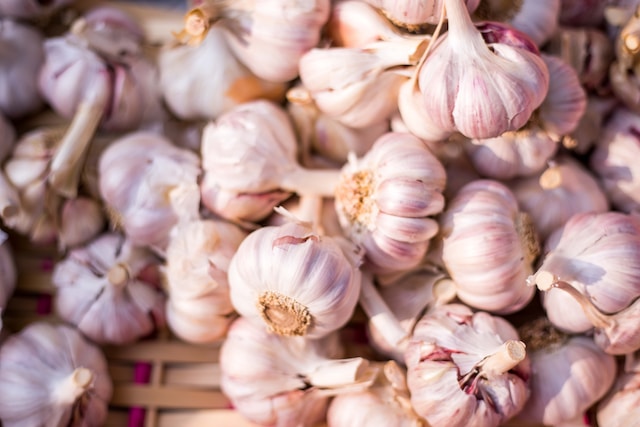In a recent study conducted in the United States, researchers have unveiled a surprising list of five vegetables that stand out as highly beneficial for cultivating a healthy gut microbiome, challenging conventional wisdom surrounding gut health.
While fibrous grains and fermented foods have long been championed as digestive system superheroes, this new research, presented at Nutrition 2023, the American Dietetic Association’s annual meeting, delves into a broader spectrum of foods that promote digestive wellness.
The study scrutinised the prebiotic content of a staggering 8,690 foods to pinpoint those with the most significant impact on digestive health. Ultimately, five vegetables emerged as the frontrunners, offering potential solutions to various digestive concerns. Here are the top five vegetables with the highest probiotic content:
- Dandelion greens: 155-243mg/g
- Jerusalem artichoke: 210 mg/g
- Garlic: 191-193 mg/g
- Leeks: 123-128 mg/g
- Onions: 79-106 mg/g
Cassandra Boyd, a Masters student at San José State University and co-author of the study, emphasised, “Eating prebiotic-dense foods has been indicated by previous research to benefit health,” making a compelling case for incorporating these vegetables into your diet while increasing your fibre intake.
Onions and garlic, despite their potential for causing temporary bad breath, contribute significantly to gut health. Boyd noted that these foods contain multiple forms of prebiotics, amplifying their total prebiotic content. Both onions and related ingredients feature in numerous culinary preparations, serving as flavour enhancers and primary components, making them easily accessible for most individuals looking to enhance their prebiotic intake.
In terms of quantity, Boyd suggested that consuming approximately half of a small onion would provide around five grams of prebiotics, which is a relatively small amount to achieve gut health benefits. Sometimes, even a mere garnish can suffice, as a little goes a long way in supporting digestive wellness.

![5 Reasons You Should Travel Alone Airplane [image source: chau nguyen/ http://thedevilhatessweatpants.blogspot.com.au ], crowd ink, crowdink, crowdink.com, crowdink.com.au](https://crowdink.com/wp-content/uploads/2016/08/Chau-airplane-218x150.jpg)




























![5 Reasons You Should Travel Alone Airplane [image source: chau nguyen/ http://thedevilhatessweatpants.blogspot.com.au ], crowd ink, crowdink, crowdink.com, crowdink.com.au](https://crowdink.com/wp-content/uploads/2016/08/Chau-airplane-100x70.jpg)


